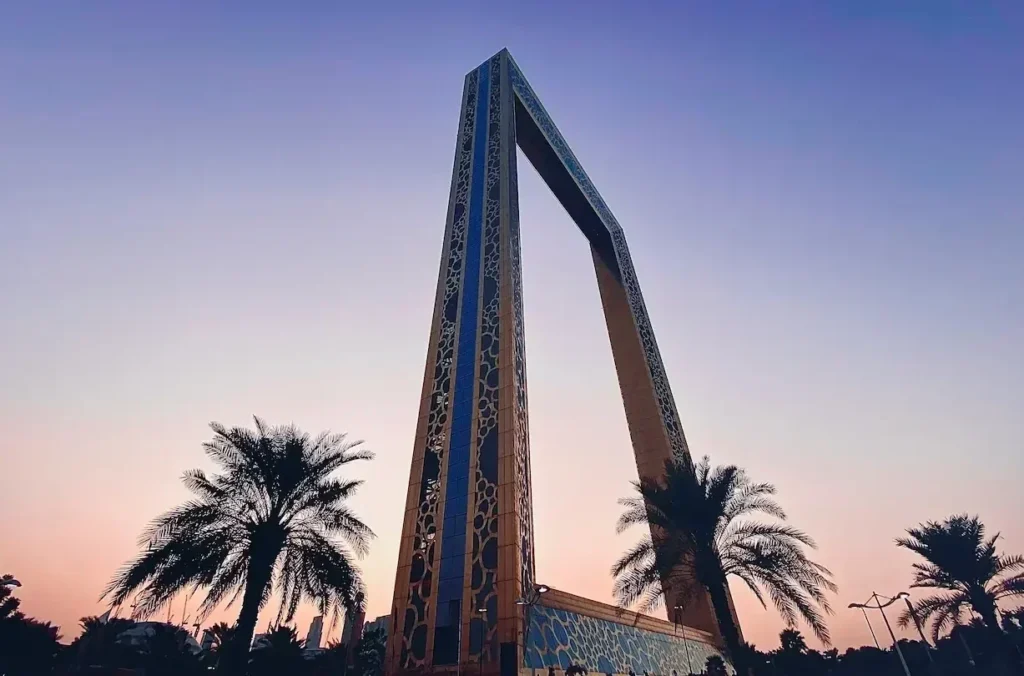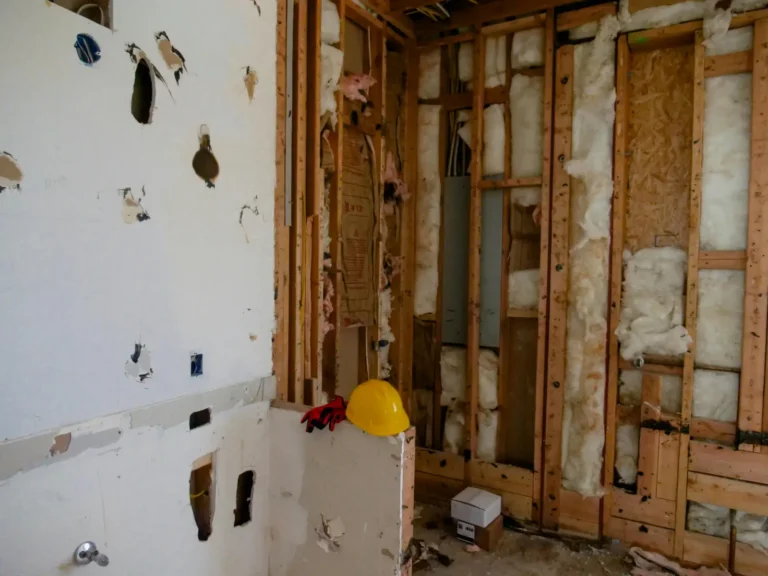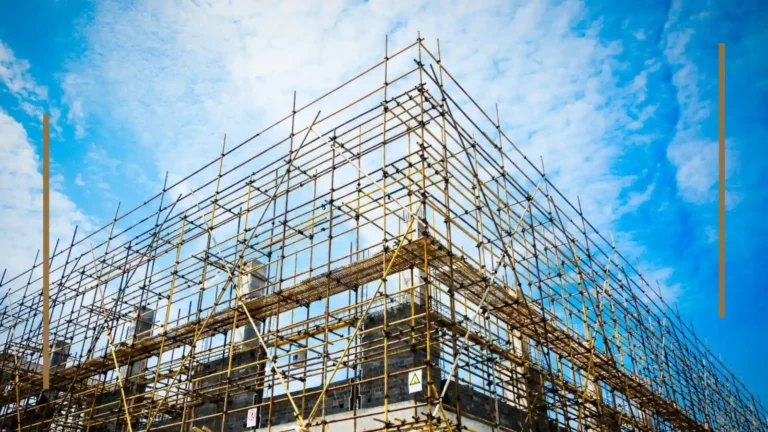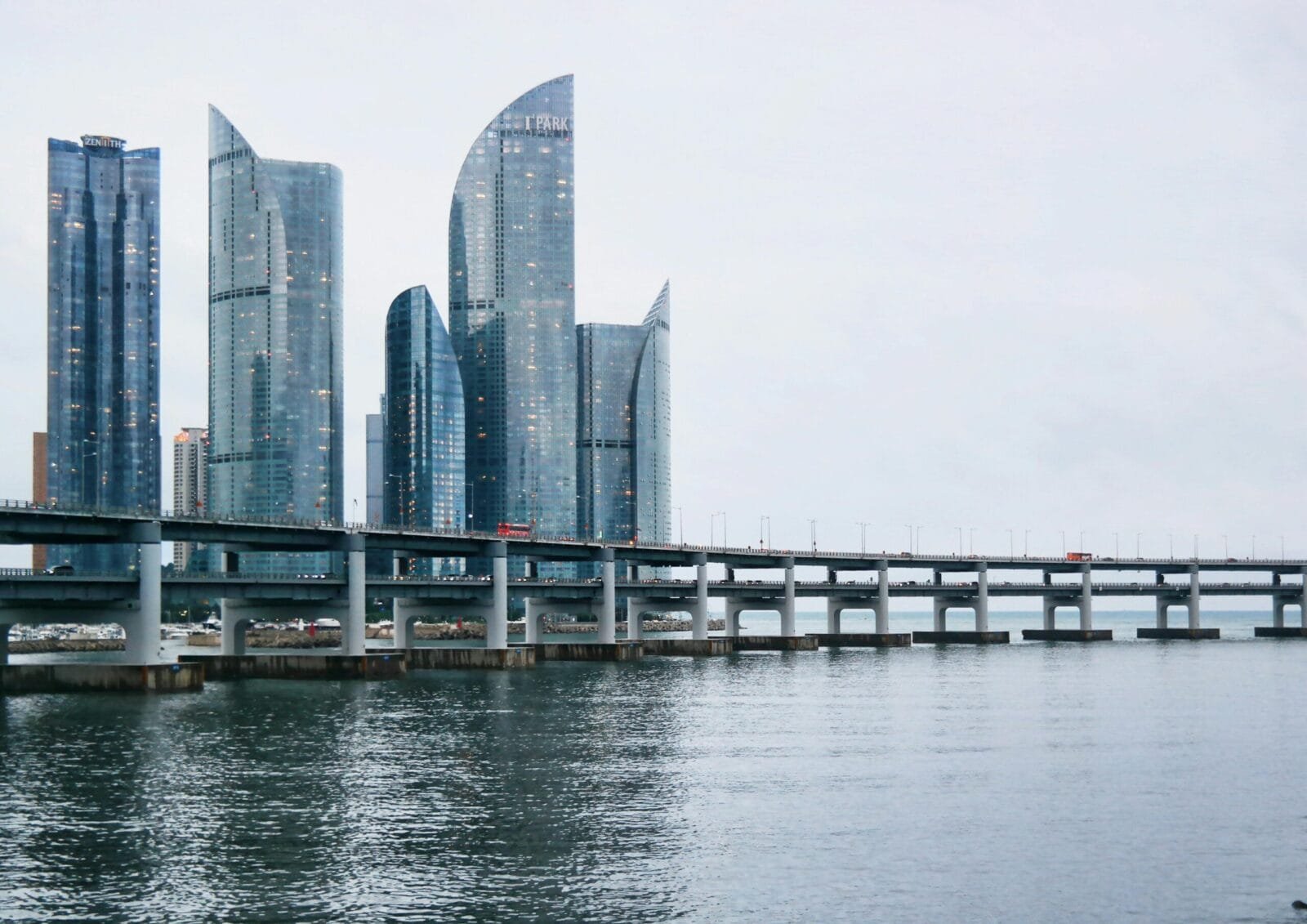Canopy Installations in Dubai by Your Trusted Freelancer Canopy Installations in Dubai are a must in the city’s sun-soaked climate, where pergolas …
Best Contractors in Dubai: 7 Essential Engineering Calculations
Best Contractors in Dubai: 7 Essential Engineering Calculations
Best Contractors in Dubai: 7 Essential Engineering Calculations
Dubai’s fast-paced development and iconic skyline didn’t happen by chance it’s the result of meticulous engineering calculations and adherence to strict building codes. At Structural Solutions, we prioritize safety and efficiency in every project we undertake. Whether you’re best contractors in Dubai working on a high-rise tower, villa extension, or industrial facility, certain engineering calculations are non-negotiable to ensure structural integrity in Dubai’s challenging climate and diverse terrain.
In this post, we cover seven essential engineering calculations every Dubai contractor needs to get their project approved and built to last in Dubai’s competitive construction industry.
1. Structural Load Analysis
Why It Matters
All projects begin with understanding the various load types—including dead loads (the weight of the structure itself), live loads (occupants, furniture, etc.), and environmental loads (wind, seismic, and temperature effects). Correctly determining these loads is crucial for foundation design, column sizing, and beam selection.
Key Considerations
- Codes & Standards: Dubai Municipality, Dubai Development Authority (DDA), and TRAKHEES often refer to international standards like BS or Eurocodes for load guidelines.
- Material Properties: Concrete, steel, timber, or composite materials each have distinct load capacities and failure thresholds.
2. Wind Load Analysis
Why It Matters
Dubai’s coastal location means structures can experience high wind speeds, especially at greater heights or in exposed areas. Wind load analysis ensures that your building can withstand lateral forces without excessive sway or damage.
Key Considerations
- Wind Speed Data: Local wind maps and meteorological data form the basis of your calculations.
- Building Shape & Orientation: Aerodynamics play a role—tall, slender structures and certain roof designs can exacerbate wind pressures.
- Safety Margins: Adding safety factors in calculations is essential to handle sudden gusts or extreme weather events.

3. Seismic Analysis
Why It Matters
Though Dubai is not in a high-seismic zone compared to other regions, seismic considerations are still part of local and international building requirements. Even minor tremors can cause cumulative stress over time if your structure isn’t adequately designed.
Key Considerations
- Ground Acceleration: Use locally relevant seismic zone data (though typically low, it must be factored in for code compliance).
- Building Ductility: Materials and connections should accommodate slight movement without cracking or structural failure.
- Dynamic Response: Larger projects may require dynamic analysis or time-history modeling to accurately simulate quake effects.
4. Soil & Foundation Analysis
Why It Matters
Dubai’s diverse soil conditions—from coastal sands to reclaimed land—demand thorough geotechnical studies. A correctly designed foundation ensures the building’s stability and prevents issues like differential settlement or soil liquefaction.
Key Considerations
- Soil Investigations: Borehole tests reveal bearing capacity, water table levels, and soil composition.
- Foundation Types: Pile foundations, raft foundations, or shallow footings may be used depending on load requirements and soil properties.
- Long-Term Stability: Periodic reviews of soil conditions may be necessary for large-scale or high-rise constructions.
5. Thermal Expansion & Contraction Calculations
Why It Matters
For best contractors in Dubai, understanding engineering calculations is crucial in tackling the city’s extreme climate. With temperatures ranging from scorching summer highs to cooler winter nights, thermal expansion can significantly impact metal, concrete, and composite materials. Proper expansion joint design is essential to prevent cracks, buckling, or stress buildup, ensuring the longevity of construction projects in Dubai.
Key Considerations
- Material Coefficients: Different construction materials expand or contract at varying rates, affecting structural integrity.
- Expansion Joints: Proper placement and sizing relieve stress in beams, floors, and facades, preventing damage.
- Seasonal Considerations: During peak summer months, metal surfaces can reach extreme temperatures, while nights remain relatively cool, increasing thermal stress on buildings.
6. Deflection & Vibration Control
Why It Matters
Even if a structure is strong enough to withstand loads, excessive deflection (sagging) or vibration (bouncing floors) can affect occupant comfort and building integrity. In Dubai’s high-rises, controlling deflection is also critical to avoid damage to interior finishes.
Key Considerations
- Serviceability Limits: Beyond just ultimate strength, codes set limits for deflection under working loads.
- Dynamic Loads: Foot traffic, mechanical equipment, or specialized uses (like dance floors) can introduce vibrations.
- Balancing Cost & Comfort: Achieving minimal deflection and vibration often involves larger or stiffer members, which may increase costs. Value engineering can optimize this trade-off.
7. Connection Design (Steel & Concrete)
Why It Matters
Connections are the link between individual elements—beams, columns, slabs—and can be the weakest point if not designed correctly. Proper connection details ensure load transfer and maintain the overall stability of the structure.
Key Considerations
- Steel Connections: Bolted or welded connections should consider shear, tension, and eccentric loading.
- Reinforced Concrete Detailing: Lap splices, stirrup spacing, and anchorage lengths all influence structural performance.
- Compatibility: Mixed-material structures (steel-concrete hybrids or façade claddings) demand special attention to ensure all components work in unison.
How Structural Solutions Can Help
At Structural Solutions, our team of licensed engineers and project consultants handles all seven essential engineering calculations to keep your construction project in Dubai compliant and safe. We leverage advanced software tools like finite element analysis (FEA) and incorporate local regulations from Dubai Municipality, DDA, and TRAKHEES to fast-track approvals for contractors in Dubai.
Our Services Include:
- Load Modeling & Design: Tailored to your project’s geometry, materials, and location for optimal structural integrity.
- Detailed Reporting: Comprehensive engineering documents that meet submission standards for various Dubai authorities.
- On-Site Support: Inspections and ongoing consultation to ensure implementation matches the approved design.
Final Thoughts
Dubai’s evolving skyline is a testament to innovative design and robust engineering. For best contractors in Dubai, mastering these seven essential engineering calculations is crucial to ensuring that your construction project not only meets regulatory standards but also stands tall against the city’s harsh climate and varied geotechnical conditions
Ready to Launch a Safe & Compliant Construction Project?
Contact Structural Solutions for:
- Comprehensive engineering calculations and feasibility studies
- Assistance with Dubai Municipality, DDA, and TRAKHEES approvals
- On-site and remote project support to keep your build on schedule and on budget
Reach out today to discuss your project’s requirements and discover how we can bring your vision to life—safely and efficiently.
Categories
Our Services
Recent Posts
What is new?
What's New?
Freelance Structural Calculations for Steel & Aluminum Aluminum and steel structures are increasingly popular in Dubai for their strength, durability, and design …
Freestanding vs. Attached Pergolas: Which Is Right for Your Villa? Introduction Outdoor spaces in Dubai villas have transformed from simple gardens into …







